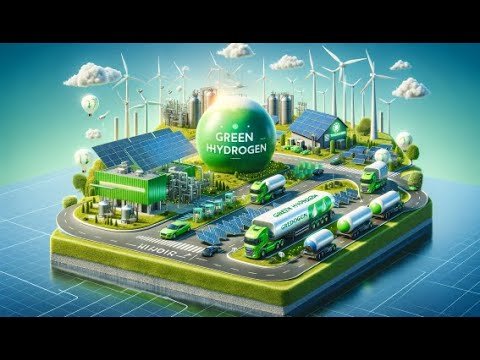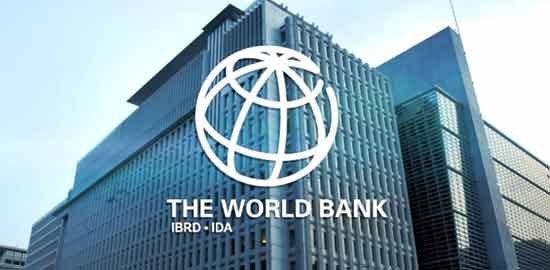World Bank Approves $1.5 Billion Loan to Support India’s Green Hydrogen Push
The World Bank has recently approved a significant financial package amounting to $1.5 billion to bolster India’s ambitious green hydrogen initiative. This landmark decision underscores the global recognition of India’s commitment to sustainable energy solutions and marks a pivotal moment in the country’s energy transition strategy.
India, a key player in the global energy landscape, has been actively pursuing avenues to reduce its carbon footprint and enhance renewable energy capacities. The funding from the World Bank will specifically target the development and scaling up of green hydrogen production infrastructure across the country. This includes investments in technology, research, and infrastructure necessary for the production, storage, and distribution of green hydrogen.

Why this News is Important
In a world increasingly focused on climate change mitigation, India’s emphasis on green hydrogen is crucial for several reasons:
- Boost to Renewable Energy Goals: The loan will accelerate India’s transition towards cleaner energy sources, aligning with its ambitious renewable energy targets.
- Global Recognition and Collaboration: The World Bank’s financial support signifies international confidence in India’s energy policies and opens avenues for global collaboration in sustainable development.
- Job Creation and Economic Growth: Investments in green hydrogen infrastructure are expected to create numerous jobs and stimulate economic growth in related sectors.
- Environmental Impact: Green hydrogen offers a cleaner alternative to fossil fuels, potentially reducing greenhouse gas emissions significantly.
- Technological Advancements: This initiative will drive innovation and technological advancements in renewable energy sectors, positioning India as a leader in green technology.
India’s Green Hydrogen Initiative Gains Momentum
The World Bank’s approval of a $1.5 billion loan to support India’s green hydrogen push marks a pivotal moment in the country’s sustainable energy journey.
Historical Context
Background of Green Hydrogen Initiative in India
India has been actively promoting renewable energy sources to meet its growing energy demands while reducing dependency on fossil fuels. The concept of green hydrogen, produced using renewable energy sources like solar and wind, has gained prominence as a viable solution to decarbonize various sectors of the economy. The government’s National Hydrogen Mission aims to scale up hydrogen production and integrate it into various sectors, including transport, industry, and power generation. The World Bank’s financial support underscores India’s commitment to sustainable development and enhances its capabilities to achieve global climate goals.
Key Takeaways from World Bank’s $1.5 Billion Loan for India’s Green Hydrogen Push
| Serial Number | Key Takeaway |
|---|---|
| 1. | Significant financial support: The World Bank has approved a $1.5 billion loan for India’s green hydrogen initiative. |
| 2. | Focus on renewable energy: The funding aims to develop infrastructure for green hydrogen production using renewable sources. |
| 3. | Economic and job creation impact: Investments are expected to create jobs and stimulate economic growth in the renewable energy sector. |
| 4. | Global recognition: The loan signifies international confidence in India’s energy transition efforts. |
| 5. | Environmental benefits: Green hydrogen offers a cleaner alternative to fossil fuels, reducing greenhouse gas emissions. |
Important FAQs for Students from this News
What is green hydrogen?
Green hydrogen is produced using renewable energy sources like solar and wind, through a process called electrolysis.
How does green hydrogen help in reducing carbon emissions?
Green hydrogen can be used as a clean alternative to fossil fuels in various sectors such as transportation and industry, thus reducing greenhouse gas emissions.
Why is India focusing on green hydrogen?
India aims to reduce its dependency on fossil fuels, mitigate climate change impacts, and enhance energy security through the adoption of green hydrogen technologies.
What are the challenges in scaling up green hydrogen production?
Challenges include high initial costs, technological advancements needed for efficient production, and infrastructure development for storage and distribution.
How does international funding, like the World Bank’s loan, support India’s green hydrogen initiative
International funding facilitates investments in critical infrastructure and technologies required for large-scale green hydrogen production, boosting India’s efforts in sustainable development.
Some Important Current Affairs Links

















